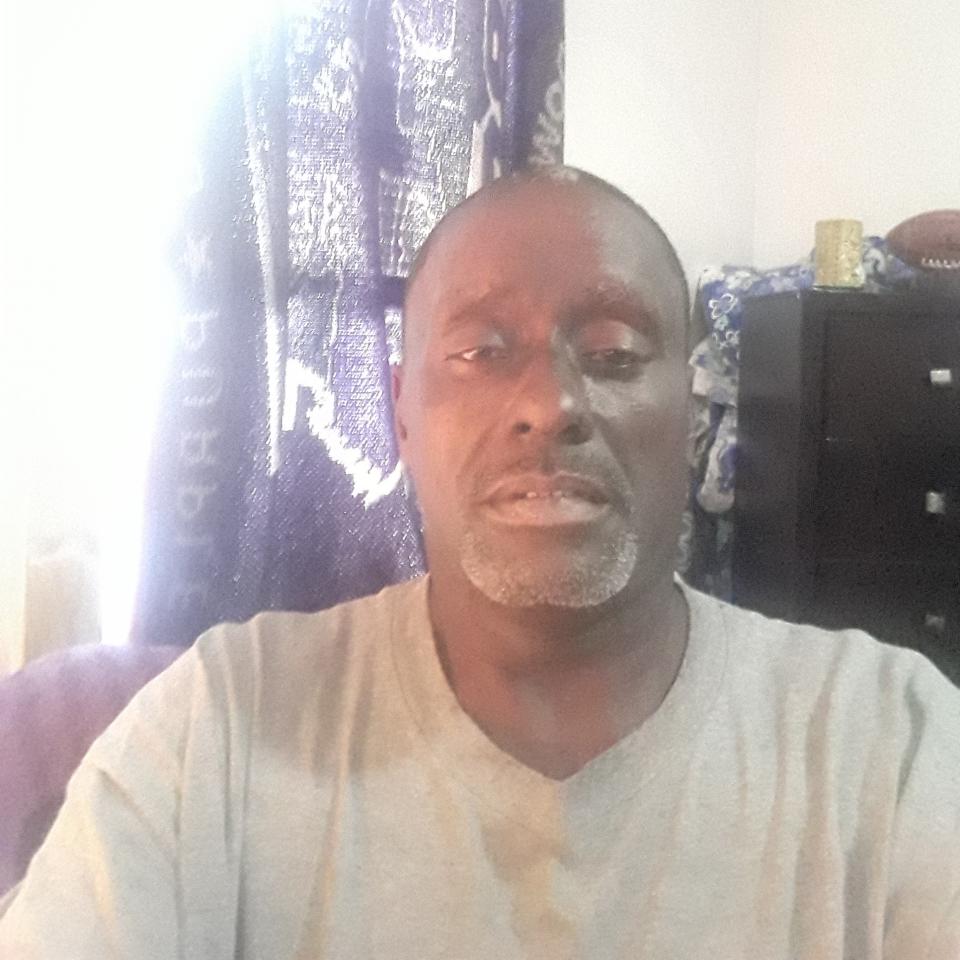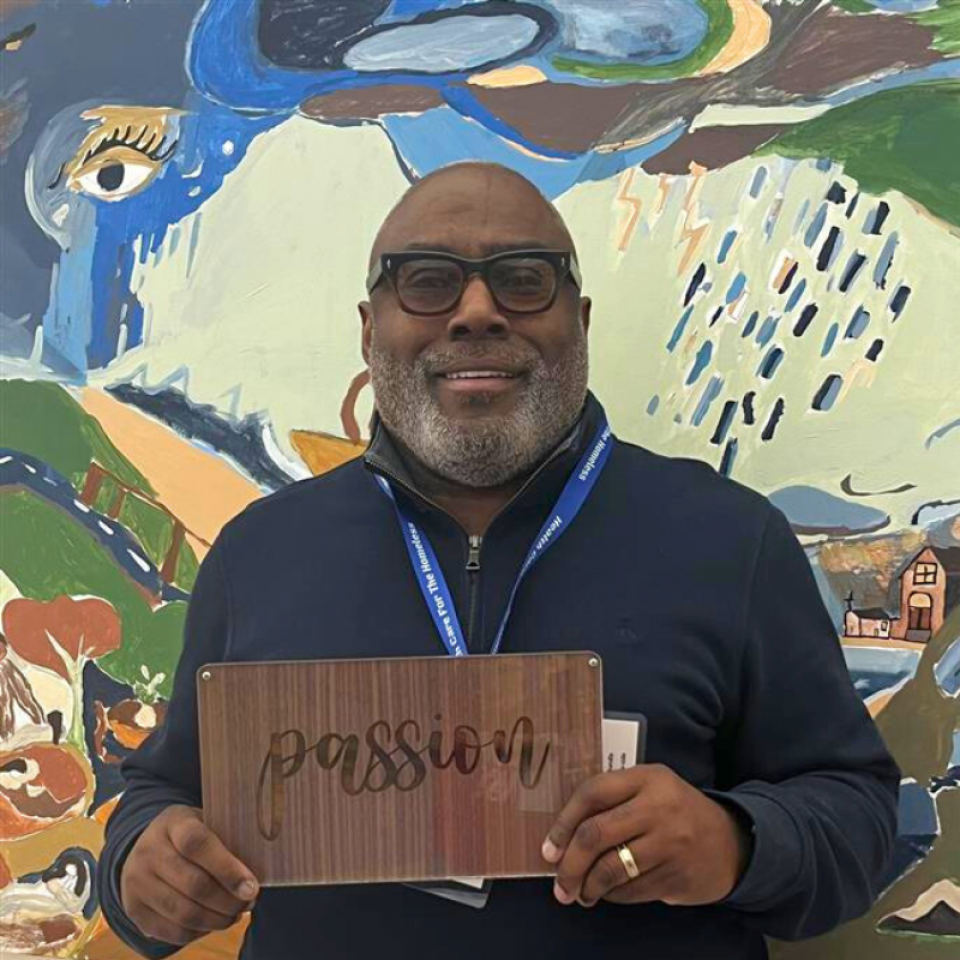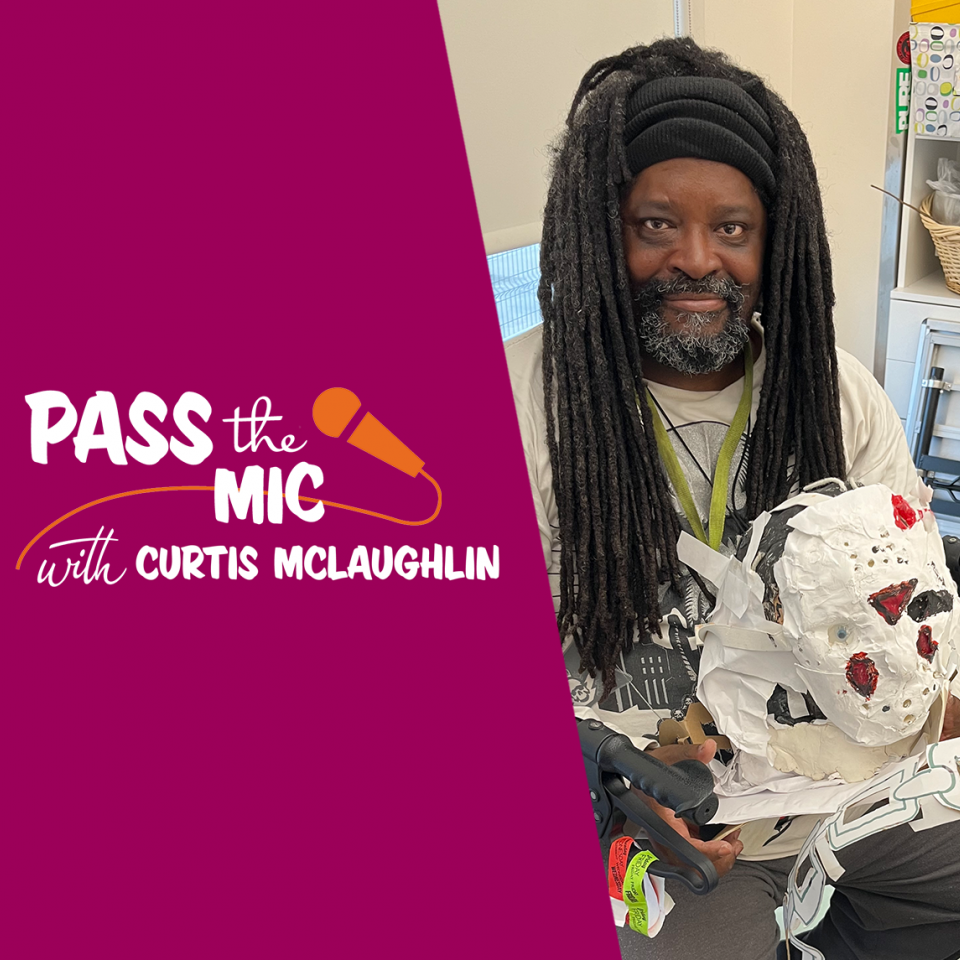May is Asian American, Pacific Islander, and Native Hawaiian Heritage Month, a time to celebrate and honor the diverse cultures, histories, and contributions of these communities.


07.23.20
Have you made any changes during the pandemic that you’ll carry forward? For us, providing care over the phone to clients like Antonio Barnes has been a major breakthrough.
Before COVID-19, Antonio was a regular at our Medication Assisted Treatment (MAT) group where he looked forward to therapy, Suboxone and peer support in facing over 20 years of depression and substance use.
“When MAT shut down, I was like, ‘WOW, I really miss the group,’” Antonio says. “But I had my Suboxone and my other medications. And two weeks later I got a call about telehealth. We didn’t miss a beat.”
Jan Ferdous, LCSW-C, Director of Behavioral Health and Antonio’s therapist agrees. “We rolled right into it. At a time when depression and anxiety are high, I can’t imagine clients being without support from providers they trust.”
As the pandemic continues, we’re learning that telehealth is more than just a good public health practice; it’s an issue of racial and economic justice.
People who can’t afford internet, unlimited data or a car get cut off from the health services and information they need. Outsized risk of chronic conditions like high blood pressure make low-barrier care even more pressing for people of color.
For Antonio, care by phone is a lifeline.
“COVID-19 is really challenging. I call three times a week just to talk to someone who has a plan,” he says.
Antonio has telehealth phone appointments for therapy, psychiatry and medical care. His team of providers talk him through anxieties around COVID-19, managing high blood pressure, substance use recovery and when to ask family for help.
“Every month is getting better,” Antonio adds. “The staff give me the tools to be strong on my own, and everyone is working on one accord to make sure I’m okay.”
More Recent News
Gregory Rogers is a Senior Community Health Worker (CHW) with years of experience in addiction counseling. A vital part of a client’s care team, CHWs work with clients to navigate care both in the clinic and out in the community. See how Greg spends his days!
An artist, gamer, and movie lover, Curtis McLaughlin has been part of the Health Care for the Homeless Art Group for more than five years. Get to know Curtis in the lasted edition of "Pass the Mic".
Client storytelling is a staple of the nonprofit business model, ever present in advocacy, clinic tours, fundraising—and news articles like the one you are reading right now.


